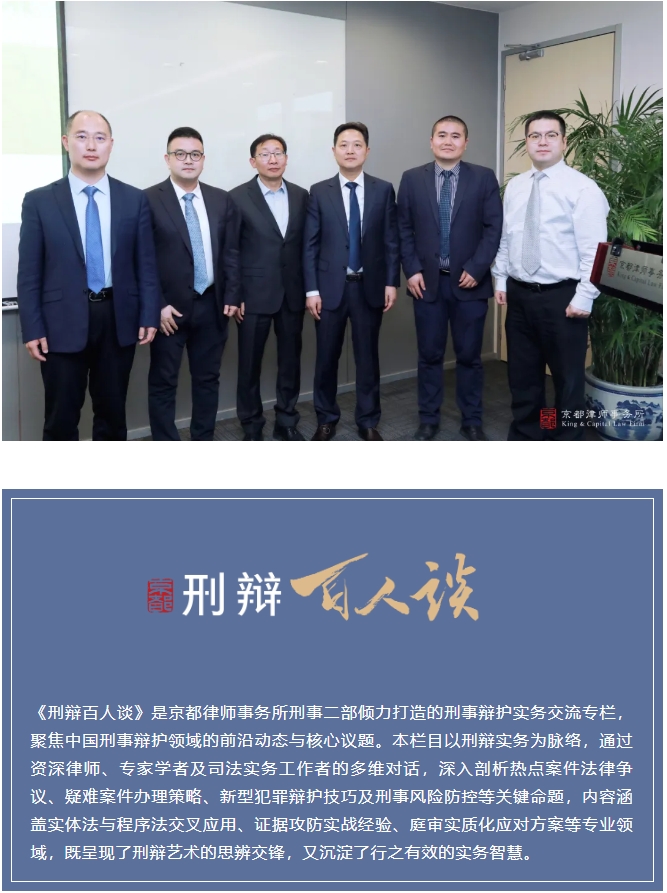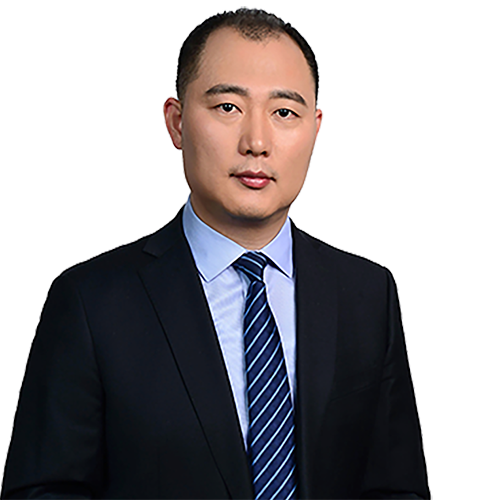On the afternoon of March 18, 2025, the first session of “Criminal Defense Talks” organized by the Criminal Department II was successfully held in King&Capital Law Firm. The activities were delivered by Mr. Liu Lijie, senior partner of King&Capital Law Firm, head of Criminal Department II, Mr. Kang Ying, lawyer of Beijing Dongwei Law Firm and former judge of the Supreme Court, Mr. Yan Huainan, senior partner of King&Capital Law Firm and director of Beijing Municipal Criminological Society, Mr. Wang Zhiqiang, lawyer of King&Capital Law Firm and deputy director of Kyoto Food and Drug Research Center, Mr. Zang Desheng, senior partner of King&Capital Law Firm and director of Case Law Research Society of the Chinese Law Society, and Mr. Zang Desheng, senior partner of Kyoto Law Firm and director of the Chinese Law Society. Zang Desheng, senior partner of King&Capital Law Firm, director of Case Law Research Society, and Yang Dakang, consultant of King&Capital Criminal Defense Research Center, talked with the audience. Mr. Zhang Pengpeng, Director of Business Management Department, presided over the event.
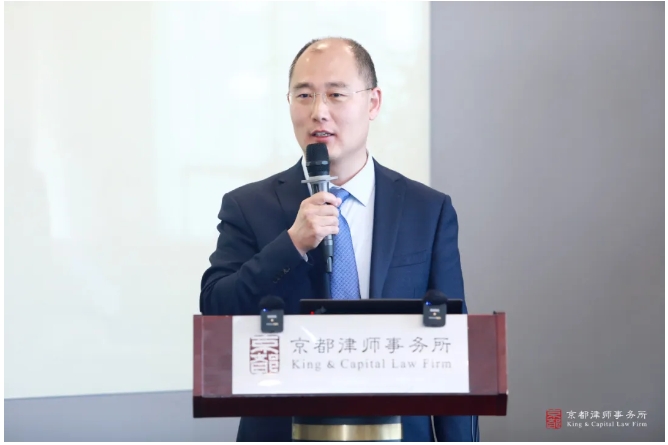
Liu Lijie
Mr. Liu Lijie shared his views on the basic situation of the current cases of duty crimes, the problems and difficulties in the defense of duty crimes, the ways and arguments in the defense of duty crimes, and the suggestions for safeguarding the right to defense of duty crimes, focusing on the standardization of the “four forms” and the reduction of the willingness to defend, compression of the space for defense, shifting of the time for defense, and the reduction of the time for defense faced by the defense of duty crimes. He focused on the standardized treatment of the “four forms”, as well as the seven major problems faced by the defense of functional crimes, such as reduced willingness to defend, space for defense, defense time shifting, restricted defense methods, increased defense risks, limited defense effects, and increased defense difficulties, and put forward the “one-stop defense vs. “legal defense and policy defense”, ‘confrontational defense and game defense’, ‘single-point defense and comprehensive defense’ and other methods and countermeasures to break the situation.
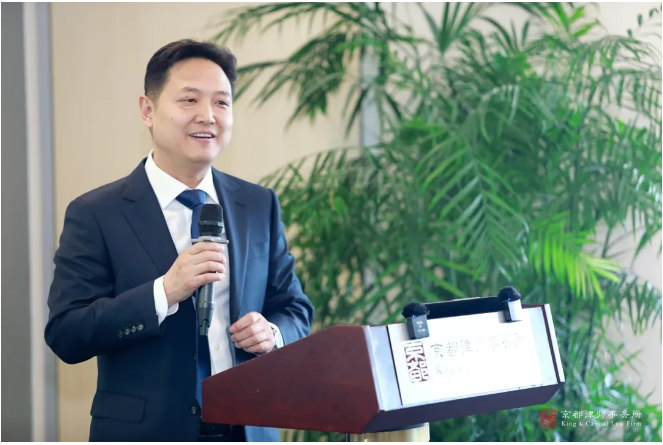
Kang Ying
Ms. Kang Ying started from the perspective of the difficulty of lawyers' intervention in functional crime cases, suggesting that in the low probability of returning a case for supplementary investigation at the stage of prosecution, it is difficult for lawyers to fully sort out the file materials and relevant facts and evidence and put forward strong defense opinions in a relatively short period of time. At the same time, in view of the urgency of the prosecutors' confirmation of the defendant's guilty plea at this stage, the work of the lawyers in functional crime cases poses greater challenges and requirements. According to Kang Ying, verbal evidence in cases of functional crimes is currently too programmed and standardized, and even directly corresponds to the elements of the crime, which on one hand leads to compressed space for defense, and on the other hand reflects that part of the investigative process is out of the routine operation of the case, which may adversely affect the determination of facts and evidence.
Regarding the future outlook of the defense of duty crimes, Kang Ying believes that: after the implementation of the amendments to the Supervision Law, the detention time is up to 16 months, and measures such as custody and order to wait for investigation have been added, which are highly compatible with the coercive measures in the Criminal Procedure Law, and the parties of duty crimes will face a more powerful, perfect, and rigorous investigation ecology in the future. “Criminal defense work is dancing on the tip of the knife, maintaining a persistent and solid work style, upholding a firm mind, keeping the bottom line, accumulating little into much, and small streams converge into an ocean, our defense work can achieve the effect of darkness and light in front of the so-called impeccable facts and evidences,” Mr. Kang Ying encourages all of us to be firm and confident, and to break the ice with professionalism and faith to break through the situation.
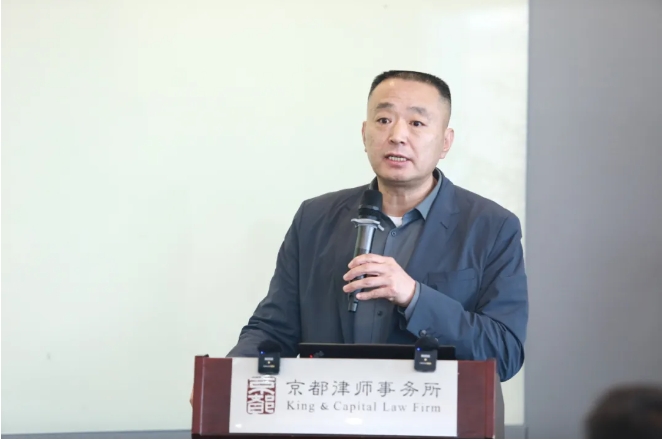
Mr. Wang Zhiqiang
Lawyer Wang Zhiqiang introduced the general characteristics, defense process, and defense countermeasures for handling military-related duty cases in the form of 10 questions cut to the chase. In the real layer, focusing on the military judiciary in the meeting, reading the file, court, the implementation of the special provisions and requirements, to help you see the difference in the contrast, in the difference in the law, to improve the handling of military-related cases; in the inevitable layer, from the application to participate in the pre-trial conference, application for withdrawal from the investigation and withdrawal from the investigation, the use of plea bargaining procedures, and active and effective professional defense, introduced the lawyer handling In the inevitable layer, from the four aspects of application for participation in pre-trial conference, application for withdrawal of investigation and withdrawal of punishment, clever use of plea and penalty procedures, and active and effective professional defense, it introduces the problems that lawyers should pay attention to and the experience that is worth popularizing in the practical layer of the criminal cases involving military duties, and safeguards the legitimate rights and interests of the defendants of the criminal cases involving the military in the case from the case entity, procedure, evidence and other aspects.
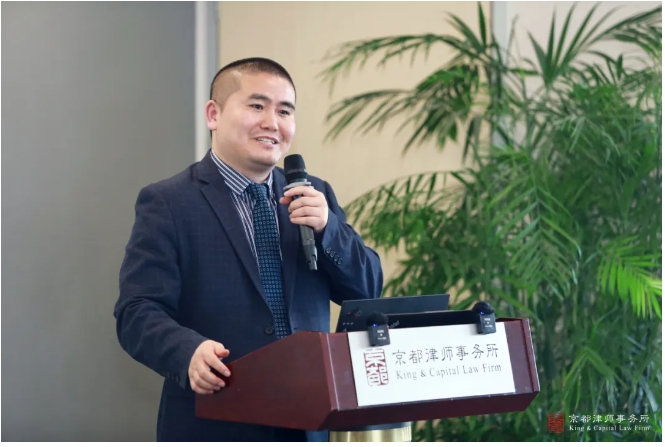
Yan Huainan
Mr. Yan Huainan discusses the legal basis for the determination of the surrender of criminal offences, the reform of the supervision system and the supervision regulations on the determination of automatic surrender, and the common problems and solution ideas of the determination of the surrender of criminal offences in practice. Mr. Yan started from the general surrender determination of Article 67 of the Criminal Law, and discussed the refinement of the judicial interpretation on the determination of surrender, as well as the application of the special provisions and the principle that the special law is superior to the general law on the determination of the surrender of job-related crimes. As for the reform of the supervision system and the recognition of automatic surrender in the supervision regulations, Mr. Yan Huainan analyzed the content of the reform of the supervision system, and the provisions of the supervision law on the recommendation of leniency of pleading guilty and accepting punishment. In addition, he also discussed the implementation regulations of the Supervision Law on the automatic surrender and sincere repentance and remorse.
For the practice of the common problems and solution ideas of the identification of job crime surrender, Yan Huainan lawyer pointed out that the supervision authorities on the plea leniency system in the context of the automatic surrender of denial of the misconception of the self-surrender. Criminal law in the determination of the core position in the job crime surrender, the constitution and legislative law on the authority of the criminal law and other aspects of the authority and supremacy of the criminal law. Trial-centered reform of the litigation system is an important part of China's judicial reform, aims to ensure that the trial in the criminal procedure of the core position, to protect judicial justice and human rights, requiring the trial organ in the determination of the facts of the case and the application of the law to play a leading role.
Yan Huainan Lawyer believes that in the determination of surrender for job-related crimes, the trial authorities are required to pay more attention to the examination and determination of the circumstances of surrender to ensure the accuracy and fairness of the determination of surrender. Surrender as a legal mitigation, mitigating circumstances, its determination is directly related to the defendant's sentencing results, so the trial organ in the determination of the surrender must strictly follow the provisions of the law, independent judgment, and the determination of the results of the corresponding responsibility. The trial authority shall, in accordance with the Criminal Law and the Interpretation of Surrender and Merit for Functional Crimes and other relevant legal provisions, independently exercise its judicial power to accurately determine the circumstances of self-surrender. At the same time, the trial authority shall be responsible for the results of the determination of self-surrender to ensure that the results stand the test of law and the test of history, and to safeguard judicial impartiality and legal authority.
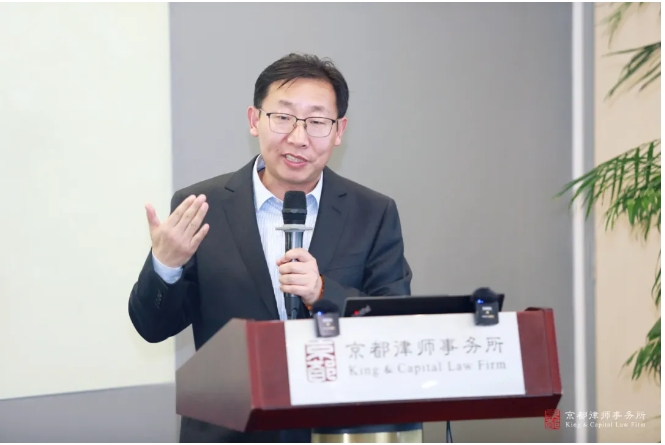
Zang Desheng
Combined with this theme, Mr. Zang Desheng talked about the three entanglement points often faced in the process of handling office crimes and their response programs.
The first is the question of how to defend when the defendant pleads guilty and accepts punishment against his will but the lawyer disagrees with the charges. Certain scenarios, the defendant expressed willingness to plead guilty and accept punishment, but still hold opinions on the charges, one may be a lack of confidence in the current justice, another may be due to the defendant in other aspects of the existence of concerns, which in fact gives the lawyer whether to adhere to their own defense opinion of the difficult problem, the lawyer should be in the consultation of the defendant's opinion on the basis of the fact that the opinion according to the facts and the law.
Secondly, when and how to refund the case. In practice, it is more difficult to choose is the case of attempted bribery, many judicial authorities require the return of the money; for the bribe-taker to obtain the undue advantage of how to calculate the amount. In these cases, lawyers need to grasp the legal boundaries and explain to the defendant and his relatives what is at stake.
Thirdly, the issue of leniency for whistle-blowing. In the case of job-related crimes, as a public official, the defendant is usually more aware of the illegal and criminal behavior of others, and if the whistleblowing may be beneficial to his or her own sentencing. Lawyers need to consider the legal penalty situation of their own criminal behavior and study the effect of merit.
“Despite the many difficulties in the current defense of office crimes, lawyers need to be based on the current situation, make full use of the law and procedures, maximize the protection of the rights and interests of the parties, so that the sunshine of fairness and justice shines on each and every case of office crimes.” Zang Desheng lawyer concluded.

Yang Dakang
Counselor Yang Dakang switched perspectives and stood in the perspective of the family members of the parties, sharing another dimension of consideration. The first point is that families often consider whether the attorney at the retention stage is useful and whether there is any impropriety that puts the family at risk of being defrauded of attorney's fees; the second point is that criminal proceedings are irreversible; and the third point is that the family often inquires about whether the attorney has the resources to do so. Counselor Yang Dakang interacted with other lawyers on the third issue. The training site had a warm atmosphere and applause, and the lawyers shared their experiences in practice in the collision of ideas.
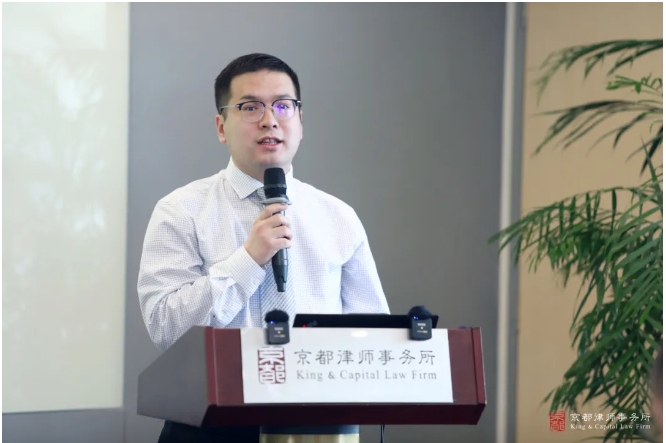
Zhang Pengpeng
Zhang Pengpeng, director of the host, combined with his previous experience in the review and prosecution of job-related crimes in the prosecutorial work, the speeches of the guests made a wonderful comment. The 1st session of Criminal Defense Talks was successfully concluded.
